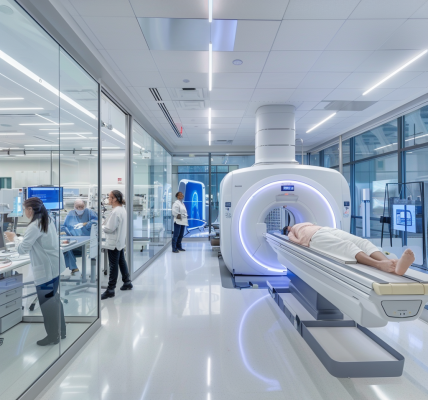Groundbreaking Study Reveals Video Game Tetris as a Potential Treatment for PTSD
In a remarkable development in the field of mental health treatment, a recent study conducted by researchers at Uppsala University has found that playing the video game Tetris can significantly reduce symptoms of post-traumatic stress disorder (PTSD). This innovative approach was tested on healthcare professionals who faced the challenges of the COVID-19 pandemic, highlighting the potential of everyday tools in the treatment of serious psychological conditions.
The study, published in the esteemed journal BMC Medicine, involved 164 participants who were monitored for their intrusive memories of trauma over the course of a week. The results are promising, showing that a single treatment session involving Tetris can lead to a lasting reduction in PTSD symptoms, with effects still observable five weeks and even six months after the initial treatment.
Emily Holmes, a Professor at Uppsala University and the lead researcher of the study, emphasized the significance of these findings. “It is possible to reduce the frequency of unpleasant and intrusive memories of trauma, and thereby also alleviate other PTSD symptoms. With just one guided treatment session, we saw positive effects that persisted after five weeks and even six months after treatment,” she stated. This study opens up new avenues for accessible mental health treatments, especially for those who may not have access to traditional therapy.
PTSD is characterized by distressing and intrusive memories of traumatic events, commonly experienced as flashbacks. Individuals suffering from PTSD may also experience avoidance behaviors, heightened anxiety, insomnia, and difficulties with concentration. The research team focused specifically on addressing these intrusive memories through a visual task that could replace them, thereby alleviating other associated symptoms.
The innovative treatment method employed in the study is rooted in the concept of mental rotation, a cognitive process that is integral to the gameplay of Tetris. When playing Tetris, individuals must visualize how different shapes can be rotated and fit together, engaging their spatial awareness and cognitive flexibility. This mental engagement serves to distract from and replace the intrusive memories that often plague those with PTSD.
During the study, participants were randomly divided into two groups. One group engaged in playing Tetris, while the other group participated in a non-visual task, which involved listening to the radio. Throughout the study, participants kept a diary to track their flashbacks and other PTSD symptoms.
At the beginning of the study, participants reported an average of 15 flashbacks per week. Following the intervention, the results were striking. At the five-week follow-up, participants in the control group who listened to the radio reported an average of five flashbacks per week. In stark contrast, those who played Tetris experienced a dramatic reduction, reporting only one flashback per week. Furthermore, at the six-month follow-up, participants in the gaming group exhibited less severe symptoms overall.
This study not only demonstrates the potential of video games like Tetris as therapeutic tools but also emphasizes the importance of innovative approaches in mental health care. The implications of such findings could lead to broader acceptance of gaming as a legitimate form of therapy, particularly for individuals struggling with PTSD and other trauma-related disorders.
As the mental health field continues to evolve, the integration of technology and gaming into treatment plans may provide new hope for individuals seeking relief from the burdens of trauma. The accessibility and widespread popularity of video games make them a compelling option for mental health interventions, particularly in a world where traditional therapy may not be feasible for everyone.
In summary, the study conducted by Uppsala University sheds light on an exciting new frontier in PTSD treatment. By harnessing the power of video gaming, researchers are paving the way for alternative therapeutic strategies that could significantly improve the lives of those affected by trauma.





